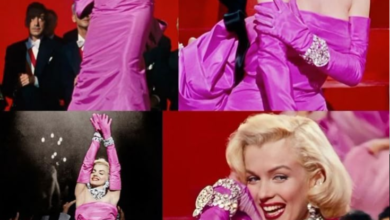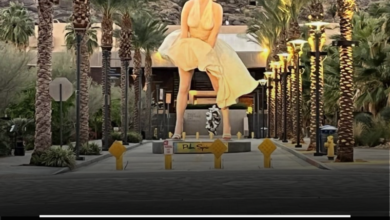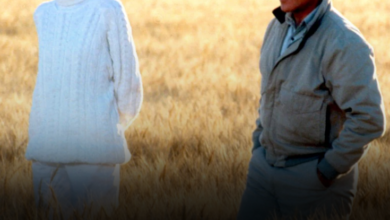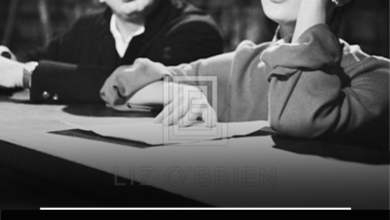Audrey Hepburn’s Ultimate Film Guide: 6 Must-See Movies That Showcase Her Genius
OPINION: This article may contain commentary which reflects the author's opinion.
Audrey Hepburn is one of the most enduring icons of cinema. With her distinct grace, elegance, and charisma, she captivated audiences for decades, leaving behind a legacy that extends far beyond her Hollywood career. While her humanitarian work and advocacy for children remain a vital part of her story, Hepburn’s journey began on the silver screen, where she redefined stardom and became a beacon of style and substance.
For those new to her filmography, these six definitive movies serve as the perfect starting point.
Roman Holiday (1953, dir. William Wyler)
In her breakthrough role, Hepburn plays a young European princess yearning for a taste of normal life. On a whirlwind day in Rome, she meets a journalist (Gregory Peck) who secretly plans to turn their adventures into a story. Hepburn’s radiant performance earned her the Academy Award for Best Actress, making her the first actress to win an Oscar, a BAFTA, and a Golden Globe for the same role. Roman Holiday is not just a charming romantic comedy; it’s a landmark moment in Hepburn’s career and Hollywood history.
Sabrina (1954, dir. Billy Wilder)
Hepburn’s next major role saw her as Sabrina Fairchild, a chauffeur’s daughter who returns from Paris transformed and catches the attention of two wealthy brothers, played by Humphrey Bogart and William Holden. The film highlights Hepburn’s knack for blending sophistication with vulnerability. Wilder himself noted her natural charm, saying, “She had something you couldn’t teach.”
Breakfast at Tiffany’s (1961, dir. Blake Edwards)
No list of Hepburn’s greatest films would be complete without Breakfast at Tiffany’s. Playing the quirky and enigmatic Holly Golightly, Hepburn created one of cinema’s most iconic characters. From her black Givenchy dress and pearls to her wistful rendition of “Moon River,” every moment is etched into the cultural imagination. Though Hepburn admitted the role pushed her out of her comfort zone, her portrayal of Holly cemented her status as a legend.
Charade (1963, dir. Stanley Donen)
This stylish blend of romance, comedy, and suspense pairs Hepburn with Cary Grant in what has been described as “the best Hitchcock movie that Hitchcock never made.” In Charade, Hepburn’s Reggie Lambert navigates a maze of danger and deception after her husband’s death. The witty repartee between her and Grant, combined with Donen’s lighthearted yet suspenseful direction, makes Charade a perennial favorite.
My Fair Lady (1964, dir. George Cukor)
In this lavish adaptation of George Bernard Shaw’s Pygmalion, Hepburn stars as Eliza Doolittle, a Cockney flower girl transformed into a high-society lady by a linguistics professor (Rex Harrison). The film’s opulent sets, memorable music, and Hepburn’s captivating presence helped solidify its place as one of the most celebrated musicals of all time. Despite controversy over her singing being dubbed, Hepburn’s portrayal earned her critical acclaim and a place in cinema’s pantheon.
They All Laughed (1981, dir. Peter Bogdanovich)
Hepburn’s final major film role came in this romantic comedy alongside Ben Gazzara. The film follows private detectives who fall in love with the women they are tailing, and it allowed Hepburn to bring her trademark charm to a more contemporary setting. While not as well-known as her earlier works, They All Laughed remains a poignant farewell to her on-screen career as a leading lady.
A Timeless Legacy
Audrey Hepburn’s influence on cinema is matched only by her lasting impact on fashion, culture, and humanitarianism. These six films represent the essence of her talent and the range of her roles—from princesses to ingenues, from romantic heroines to comedic leads. For anyone starting their journey into her illustrious career, these are the films that define her legacy and showcase why she continues to inspire generations of fans and artists alike.



